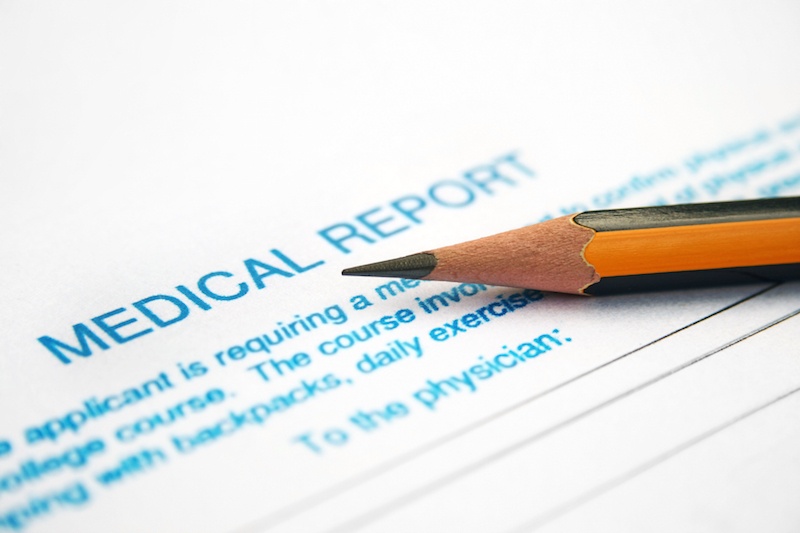
It’s incredibly easy to take our health for granted. At least, until something goes wrong. Then, suddenly, our health can become the most important thing in our life, absorbing our every waking moment until the issue is resolved.
In many cases, maintaining your health simply comes down to consistently practicing good habits. If we prioritize those healthy habits so they become second nature, we can actually avoid some common health problems.
Take one aspect of your health as an example:
How to improve your oral health with four simple habits
Generally speaking, caring for your oral health requires four basic habits to keep your teeth and gums strong and healthy.
Be mindful of your mouth
As noted in the introduction, it’s easy to take our body and health for granted. Who stops to think about the current state of their gums on any given day?
But it’s important to establish a healthy consideration for your teeth and gums if you’re going to improve your oral health. Here a several excellent reasons to do so:
- The smile is cited more often than any other feature as the first thing someone notices about you when you meet for the first time.
- Infections that originate in the teeth and gums are among the most likely to spread to other vulnerable parts of the body, like the heart or the brain.
- Poor oral health has been linked in numerous studies to other serious conditions like cancer, heart disease, and diabetes.
So, if you’re not naturally mindful of your oral health, now is the time to begin actively focusing on it until it becomes second nature to care about the state of your teeth and gums.
Brush your teeth twice a day

The simple and inexpensive habit of brushing your teeth twice a day for two minutes each time is probably the single most important step you can take toward maintaining good oral health.
Brushing properly and regularly helps remove plaque from the surface of the teeth before it hardens into tartar. Since plaque and tartar are made up of millions of tiny bacteria, if they’re allowed to remain on the surface of your teeth, they will slowly eat through the protective coating of enamel into the vulnerable tissue of the tooth, even down to the tender nerve.
This is how the majority of cavities and advanced tooth decay happen, and it’s ultimately preventable.
Floss your teeth once a day
"Brushing properly and regularly helps remove plaque from the surface of the teeth before it hardens into tartar. "
While most of us already have a habit of brushing our teeth at least once a day, flossing is far less common. But, a toothbrush can really only reach a percentage of every tooth: the bristles aren’t designed to clean between teeth and they can only get so close to the gum line when you’re scrubbing the front, back, and chewing surfaces.
Floss, therefore, is like the final step in the brushing process. It’s how you clean that remaining section of every tooth that the toothbrush can’t reach. If you’re not flossing, then no matter how consistent you are with your brushing routine, you’re still likely to deal with cavities and other issues that originate in the tiny spaces between teeth and down by the gum line where your toothbrush isn’t having an effect.
While you should reach for floss any time you know there’s particles of food between your teeth, you should also do it at least once a day habitually, even if you don’t see or feel anything.
Visit your dentist twice a year
The final oral health habit that deserves your attention is your visit to the dentist for a professional cleaning and examination.
Despite your best efforts to brush and floss, it’s still possible for some tartar to build up on your teeth. Once that happens, it needs to be removed by a professional with the necessary tools.
Assuming you’re brushing and flossing regularly, the most likely place for tartar to develop is right at - and even below - the gum line, creating optimal conditions for gingivitis or other forms of periodontal (gum) diseases, which can be both painful and potentially very serious.
Following your professional cleaning, the examination performed by your dentist allows him or her to monitor the overall health of your teeth and gums, and also provides the opportunity to identify and treat any symptoms of other health problems that manifest in the mouth.
If you ready for a better oral health report, try making a concerted effort to establish these four habits over the next few weeks. Experts report it takes about three weeks for a daily habit to be established, so now is the time to begin! Looking for ways to save on your next dental visit? A dental discount card can help you save on dental care between 20%-50%. Find out more about how it works:

